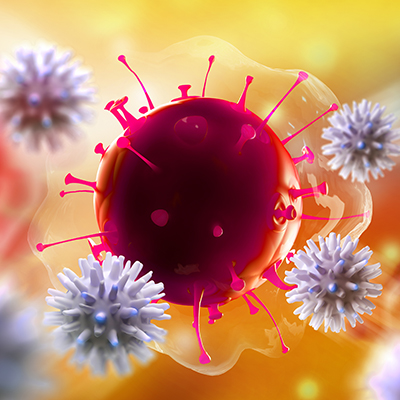 Maps of natural killer cells offer insight into COVID-19 immune response
Maps of natural killer cells offer insight into COVID-19 immune response
New research that sought to classify immune white blood cells, called natural killer cells, during COVID-19 infection revealed that certain cellular subtypes may contribute to the severity of disease progression, according to a recent Science Immunology article. Read More
 Data-sharing platform could help planning for future pandemics
Data-sharing platform could help planning for future pandemics
In response to the global pandemic, the authors of a new paper are calling for a robust centralized platform to improve international data sharing among scientists and policymakers. The article was published on August 19 in the journal Science & Diplomacy. Read More
 Genomic mutations can influence disease risk
Genomic mutations can influence disease risk
The reason why some genetically predisposed individuals may or may not develop a disease is rooted in mutations throughout the genome, according to a new study published in Nature Communications on August 20. The researchers explained how this information can be used to improve disease risk estimations in the clinic. Read More
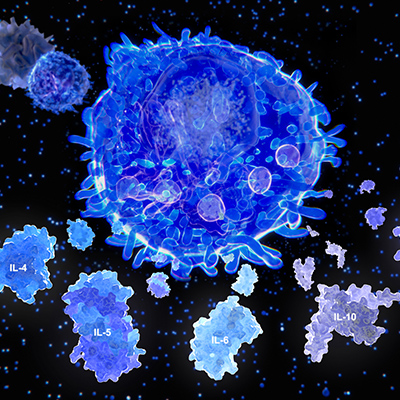 Cytokines may prevent COVID-19 patients from producing the 'best' antibodies
Cytokines may prevent COVID-19 patients from producing the 'best' antibodies
High levels of some cytokines associated with COVID-19 could prevent long-term antibody responses to the SARS-CoV-2 virus, according to a new study published in Cell on August 19. The findings could explain why immunity to the novel coronavirus does not last long among individuals after they recover from the disease. Read More
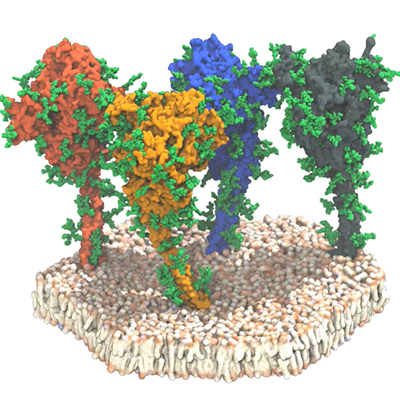 SARS-CoV-2 spike protein hinges like leg joints to seek receptors
SARS-CoV-2 spike protein hinges like leg joints to seek receptors
New research demonstrates that the SARS-CoV-2 spike protein may be more flexible than previously thought, with hinges similar to leg joints to seek receptors on a host, according to a new article published in Science on August 18. Understanding molecular dynamics of how the spike protein functions could have implications in therapeutic and vaccine design. Read More
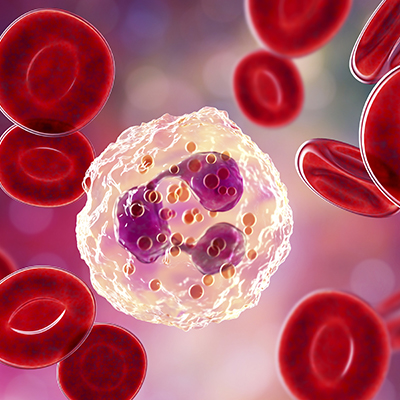 Rare immune stem cells could lead to treatments for COVID-19, cancer
Rare immune stem cells could lead to treatments for COVID-19, cancer
Rare stem cells that give rise to neutrophils in human bone marrow could offer a path to developing treatments for diseases that involve the white blood cells, according to a new article published in Immunity on August 18. Read More
 Microbe-based platform aims for sweet spot between biologics and gene therapy
Microbe-based platform aims for sweet spot between biologics and gene therapy
A microbe-based therapeutics platform that has been in development for nearly 30 years is gaining traction for the treatment of inflammatory and autoimmune diseases. The company that is developing the platform, Precigen ActoBio, is advancing a lead candidate through clinical trials with the long-term goal of finding a sweet spot between biologics and gene therapies. Read More
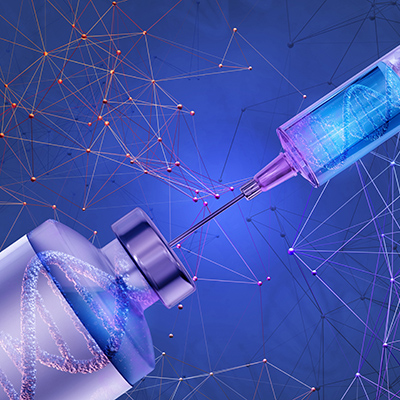 Early trials show potential of Pfizer COVID-19 vaccine
Early trials show potential of Pfizer COVID-19 vaccine
Pharmaceutical giant Pfizer is making progress on BNT162b1, a COVID-19 vaccine candidate that is undergoing development and for which the U.S. government has secured access to 300 million doses in 2021. The results of the phase I/II clinical trials were published in Nature on August 12. Read More
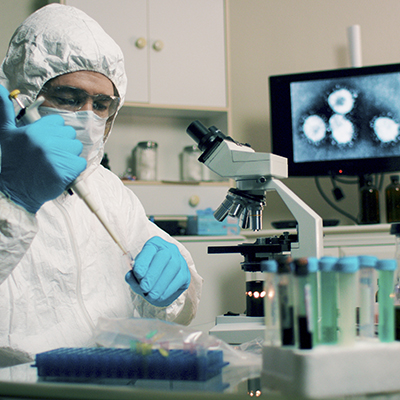 Can agtech infrastructure be redeployed for pandemic preparedness?
Can agtech infrastructure be redeployed for pandemic preparedness?
Marshalling research equipment and expertise of the world's agricultural technology (agtech) laboratories could protect against future pandemics or epidemics, according to a new article published in Nature Biotechnology. Read More
 Sharing is caring: Why COVID-19 vaccine manufacturers must collaborate
Sharing is caring: Why COVID-19 vaccine manufacturers must collaborate
Sharing knowledge between competitors will be key for establishing the manufacturing capacity needed to produce billions of COVID-19 vaccines in coming months. Such collaboration could change the way that innovation and competition are viewed in the biopharmaceutical industry, according to a policy forum published in Science on August 13. Read More
Member Rewards
Earn points for contributing to market research. Redeem your points for merchandise, travel, or even to help your favorite charity.
Research Topics
Interact with an engaged, global community of your peers who come together to discuss their work and opportunities.
Connect
Tweets by @ScienceBoard



